Sports
ANGIE PAOLA PALACIOS DAJOMES, COLOMBIA, COOPER, CUBA, ECUADOR, EUROPE, FRANCE, INSTITUTE, INTERNATIONAL, INTERNATIONAL OLYMPIC COMMITTEE, LATIN AMERICA, LEBRUN, LEON MARCHAND, MAN, MANON APITHY - BRUNET, MARI LEIVIS SÁNCHEZ, MARI LEIVIS SANCHEZ, MISSION, NORTH AMERICA, OLYMPIC GAMES, OLYMPICS, PARALYMPICS, PARIS, PARIS 2024, PARIS OLYMPICS, SIMON GAUZY, SOUTH AMERICA, STEPHANIE COOPER, UNITED NATIONS
Clara Montgomery
The Unique Role of Interpreters at the Paris Olympic Games
Professor Stephanie Cooper, an interpreter at the Paris Olympic and Paralympic Games, shared her unique experiences representing prominent athletes and lesser-known contenders. The role has evolved to centralized interpretation, navigating high-stakes situations daily while emphasizing teamwork and preparation. Cooper’s journey reflects the dedication required for success in this prestigious field, underscoring the emotional connections forged during such significant global events.
For interpreters, the Olympic Games represent one of the most significant international events, blending prestige with a unique cultural experience. Professor Stephanie Cooper, a graduate of the Middlebury Institute, had the rare privilege of serving as one of the interpreters at both the Paris Olympic and Paralympic Games. Her enthusiasm for this once-in-a-lifetime opportunity was evident as she expressed her thoughts on being home to witness such an important occasion.
In her role, Professor Cooper was the voice of celebrated athletes, including the Lebrun brothers, Simon Gauzy, and Leon Marchand, among others. She also interpreted for lesser-known athletes, such as remarkable women weightlifters from Latin America, highlighting the diverse range of talent showcased during the Games. The experience allowed her to capture and share the profound emotions of athletes who dedicated their lives to their sports and reached their moment of triumph.
Despite the exhilarating nature of the event, it is essential to understand that the role of interpreters has evolved. Unlike past editions where interpreters attended events physically, the Paris Olympic interpreters operated from a centralized hub, engaging in a highly organized system of interpretation using video feeds from different sports venues. The rigorous schedule encompassed both Olympic competitions and significant internal meetings within the International Olympic Committee, including critical announcements and press conferences.
With a considerable workload spread across the weeks, Cooper likened the experience to an intellectual marathon necessitating meticulous preparation and stamina. She emphasized the importance of teamwork in this context, crediting the chief interpreter and technical staff for their unwavering support and collaboration, especially during periods of personal difficulty.
Professor Cooper also highlighted the extensive preparation involved leading up to the Games, which included immersing herself in various sporting disciplines. This preparation was crucial not only for the Olympic events but also for understanding the subtleties of athletes’ stories shared during press conferences. Amidst the intense focus on the Games, the opportunity to share in celebratory moments with athletes added a profound layer to the experience for Cooper, personalizing her work as an interpreter.
Ultimately, the experience at the Paris Olympic and Paralympic Games has left an indelible mark on Cooper, reinforcing her commitment to her profession and her love for sports. Her narrative underscores the importance of preparation, collaboration, and emotional investment in delivering successful interpretation during a pivotal global event.
The article details the unique and prestigious opportunity for interpreters at the Olympic Games, as exemplified by Professor Stephanie Cooper’s experiences during the Paris 2024 Olympics and Paralympics. Interpreting at the Olympics offers a distinctive blend of high-stakes performance and cultural interaction, drawing attention to both renowned athletes and unsung heroes of the sporting world. The logistical changes in interpreting practices, with a shift to remote operations and central hubs, indicate evolving standards in the profession while maintaining the crucial human element of emotion and connection in sports storytelling.
In conclusion, Professor Stephanie Cooper’s account of her experience interpreting at the Paris Olympic and Paralympic Games illustrates the intersection of sports, culture, and interpretation. Her dedication to her craft, coupled with the collaborative spirit of her colleagues, showcases the profound significance of interpreting in shaping the narratives of athletes during such an extraordinary global event. This once-in-a-lifetime opportunity highlights both the challenges and rewards of serving as a voice for those who represent their countries on the world stage.
Original Source: www.middlebury.edu
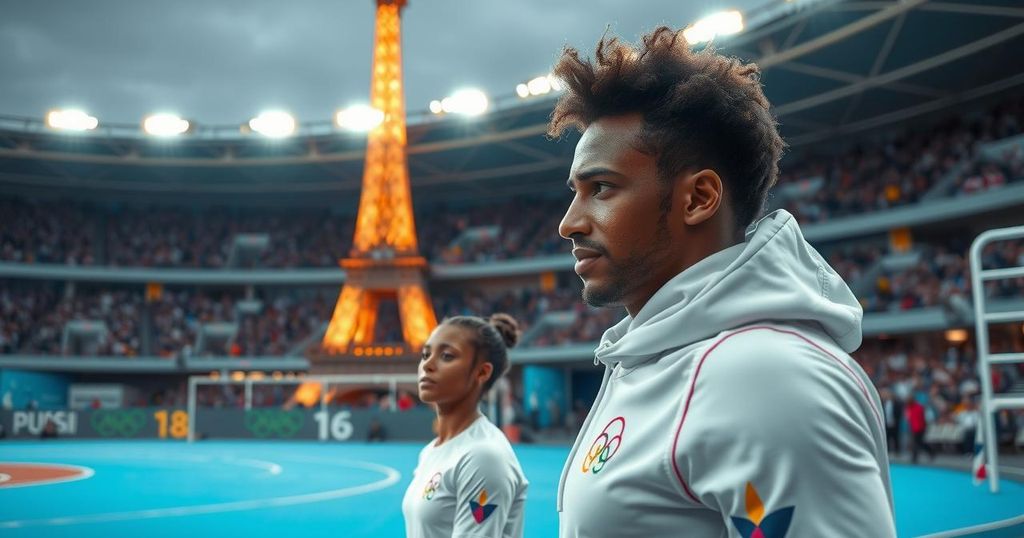
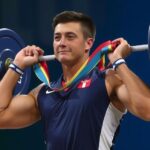
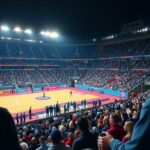


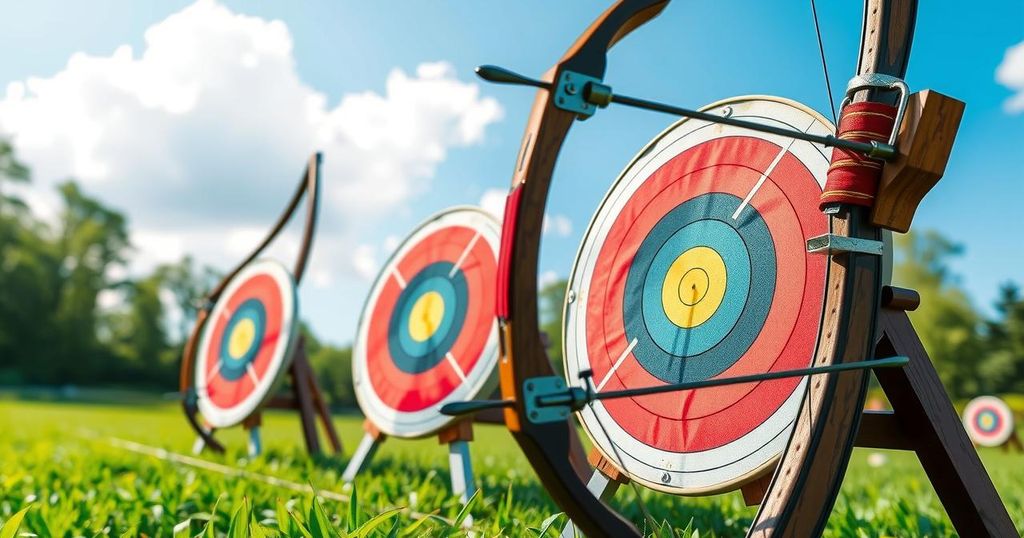
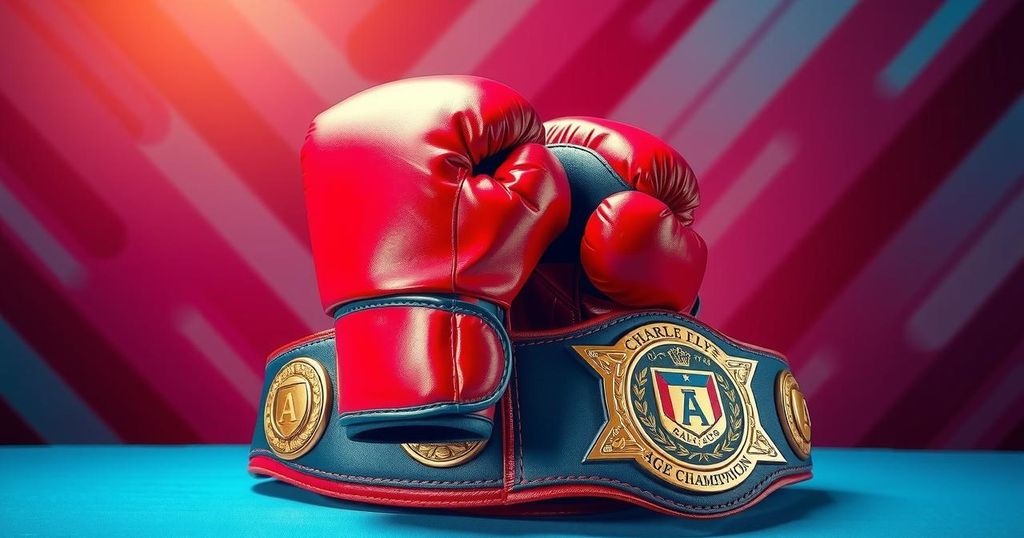
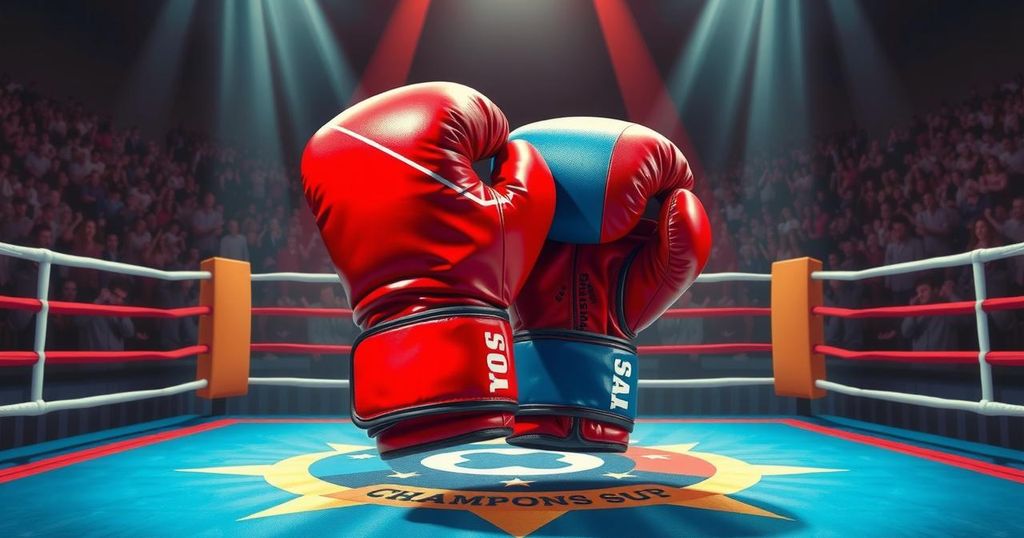
Post Comment